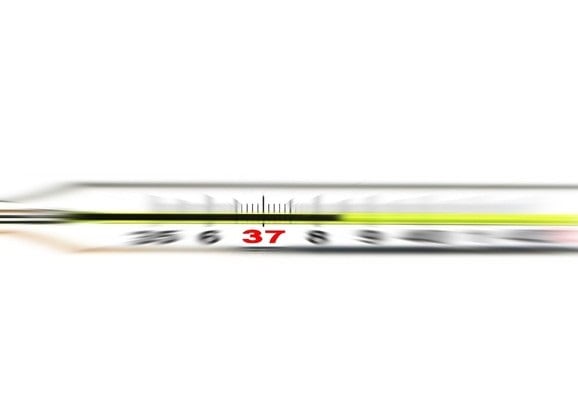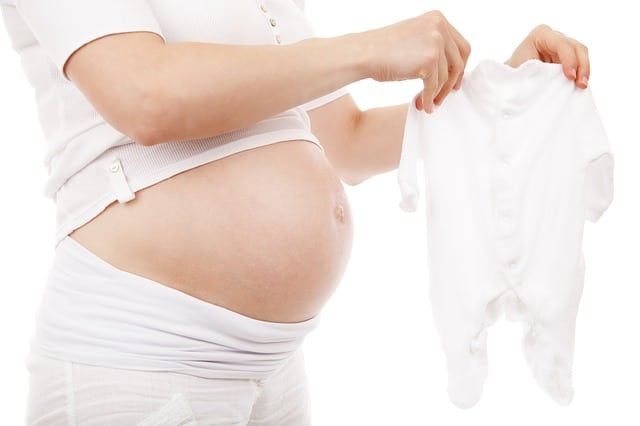If you’ve just confirmed that you’re pregnant, one of your next questions would be: “What should I eat now?” This is an incredibly important question to ask since the foods that you eat have a direct effect on your baby’s growth and development in your womb.
To ensure that your baby will be healthy, you need to eat the right foods and provide him with enough nutrients while staying away from foods that can harm his wellbeing.
To help you get started, we’ve listed some of the dos and don’ts of pregnancy nutrition below:
DOs:

Stock up on the essential nutrients
Your baby’s growth and development depend on the nutrients that he can get from your body. Because of this, you have to ensure that your body always has high amounts of these essential substances.
One of the most important is folate, which greatly helps in preventing spina bifida and other neural tube defects. You’ll need to take 600 micrograms of folate every day during the first trimester and 400 micrograms per day in the second and third trimesters. You can get this nutrient from fish, shellfish, citrus fruits, whole grains, and dark green leafy veggies.
Aside from folate, you’ll also need to increase your intake of calcium to help your baby’s bones develop while ensuring your own bones stay healthy. Zinc, iron, Vitamin C, and fiber are likewise important.
Stay hydrated
Drinking plenty of water becomes even more important when you’re pregnant. This comes from the fact that, when you’re dehydrated, your body produces a hormone that induces contractions and can lead to preterm labor.
Make sure your fluid intake is equal to at least 12 eight-ounce glasses — fluids can mean milk, fruit juices, vegetable juices, and decaffeinated teas, but water is the best option.
Make sure you’re eating clean food
You don’t want to expose your baby to salmonella, E. coli, and other bacteria, so see to it that the foods you eat are always fresh and clean. Avoid raw eggs as well as uncooked or under-cooked meat, poultry, and seafood, and stay away from foods that have been sitting in room temperature for hours.
As much as possible, strive to eat organic fruits and vegetables to ensure that your baby doesn’t come into contact with pesticides (which may cause preterm labor or even birth defects).
Take your supplements
If your doctor prescribes supplements, you need to take them at the right dosage and at the right time. These provide you with the vitamins and minerals that you might not get from your diet and help you ensure that your body has the right level of nutrients for your baby.
Folate from foods, for instance, is not easily absorbed by your body, so your doctor might instruct you to take a folic acid supplement.
DON’Ts:
Don’t overeat
Many pregnant women think that they’re now “eating for two” and can thus give in to all of their cravings. Don’t make the same mistake, though; even when you’re pregnant, you should still watch what you eat and ensure you don’t gain a lot of weight.
This way, you won’t develop gestational diabetes and other problems that can complicate your pregnancy. You’ll also prevent your baby from developing macrosomia, which means he becomes larger than normal fetuses and would require a Caesarian delivery.
Discuss with your doctor to find out what your normal weight gain should be and how many pounds you should gain in each trimester.
Don’t go on a diet
Of course, just because you should keep your weight under control doesn’t mean you should starve yourself. If you’re overweight, don’t try to lose weight when you’re pregnant — it won’t only be a difficult experience for you but will also be dangerous for your baby.
Instead of going on a fad diet, take out the junk food and fast food from your meals and replace them with fruits, vegetables, lean meat, and other healthy options. Ditch sodas and other sweet beverages and replace them with decaffeinated tea or just plain water.
Don’t eat a lot of simple carbs
Your pregnancy cravings might involve dishes with white rice, white bread, and desserts, but don’t give in to them too much. These foods contain simple carbohydrates, which are easily absorbed by your body and converted into sugar. This, in turn, can lead to high blood sugar levels, which can cause macrosomia in your baby and increase his risk of developing obesity later in life.
Don’t go into fasting
There might be times when you become to busy to eat or you consciously decide to fast due to religious or lifestyle reasons. Here’s what you need to remember, though: you should not go beyond three hours without eating when you’re pregnant.
Your baby is essentially depleting your reserves of nutrients, so you need to constantly top them up by eating healthy food. Eating every two or three hours also keeps your blood sugar at a steady level and prevents you from being dizzy and lightheaded.
Keep these dos and dont’s in mind to practice good nutrition during your pregnancy!



